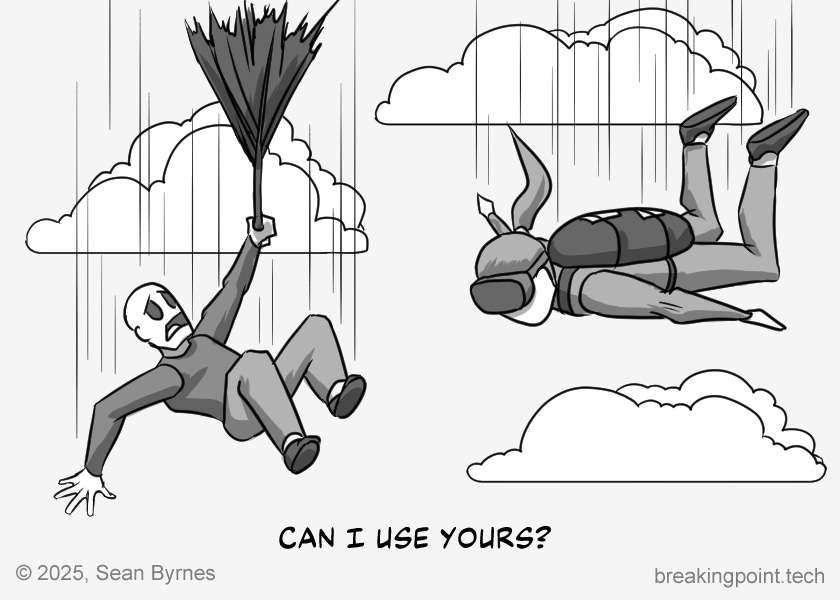Asking for Help
We all need help but most of us are horrible at asking for it.
💡 Speaking of help, I also work as an executive coach for CEOs of venture-backed startup companies. For the first time in a long time, I have a few slots opening up! If you are a CEO and are looking for a coach, or want to learn more about it, I’d love to talk to you - just reply here. Or you can read more about me here.
I have been very lucky in my career that many people have helped me along the way. Most of them never asked for anything in return, and for that I’m forever grateful.
I try to repay their kindness by helping others. I can’t repay the people who helped me directly, but I can pay it forward to the next generation of leaders! That’s partly why I write this newsletter, coach leaders and make myself available when people are in need.
Sometimes, I still need help myself. When I ask for it, I am always surprised at how few people step forward to help. Even though I spend a lot of my time helping others, I find that it doesn’t come back in kind.
This is not a criticism! It’s hard to help people, and it’s not always in your power to do something to help. Just because I need help doesn’t mean the people around me are in a position to help, even if I’ve helped them in the past.
But this is what makes asking for help so hard.
Asking for help requires a lot of self confidence, as you put yourself in a vulnerable situation. You need help because you are in need, which is always an uncomfortable feeling. When you don’t get the help you ask for, it makes all of that feel even worse.
I find that it isn’t the “No”s that hurt the most, it’s the people who never respond. Or pretend they didn’t get your request for help. Again, I am not criticizing these people as they are busy with their own problems! But getting no reply for a request for help makes you feel invisible.
Still, I continue to ask for help despite the uncomfortable feelings and the potential for rejection. Life is a team sport, and we all need help sometimes. This is how I make sure I’m ready to ask for help:
Acknowledge that most people can’t help. Before asking, I put myself in the position of the folks I am going to ask and realize they have their own lives and business. Most of them won’t be able to help and I accept that up front.
Clarify my request for help. The more specific your request for help, the more likely people will be able to help. Instead of making general pleas for help, ask for specific things. Don’t ask “Help me find a job” but instead ask “I’m looking for this specific kind of role, do you know any good places to look?”
Prepare to be patient. Just because I need help right now doesn’t mean I’ll get it! People might be able to help tomorrow, next week or next month. By setting my own expectations I am more ready to regulate the urgency I feel.
Even then, it’s hard to ask the first person for help. But it’s easier to ask the second! By the time you get to the tenth person you ask it starts to become routine. Which means the most important thing you can do is get started by asking one person for help.
Asking for help is hard, and I’m sorry to say that even if you ask you might not find it. Not all problems can be helped, and not everyone will find someone to help with theirs. However, if you don’t ask, you guarantee you won’t find any help.
So, take a deep breadth and just ask.
For more on Leadership, see:



You’ve been incredibly generous in helping me with my startup, expecting nothing in return. I truly appreciate your kindness and hope to repay you — or pay it forward to someone else — someday.